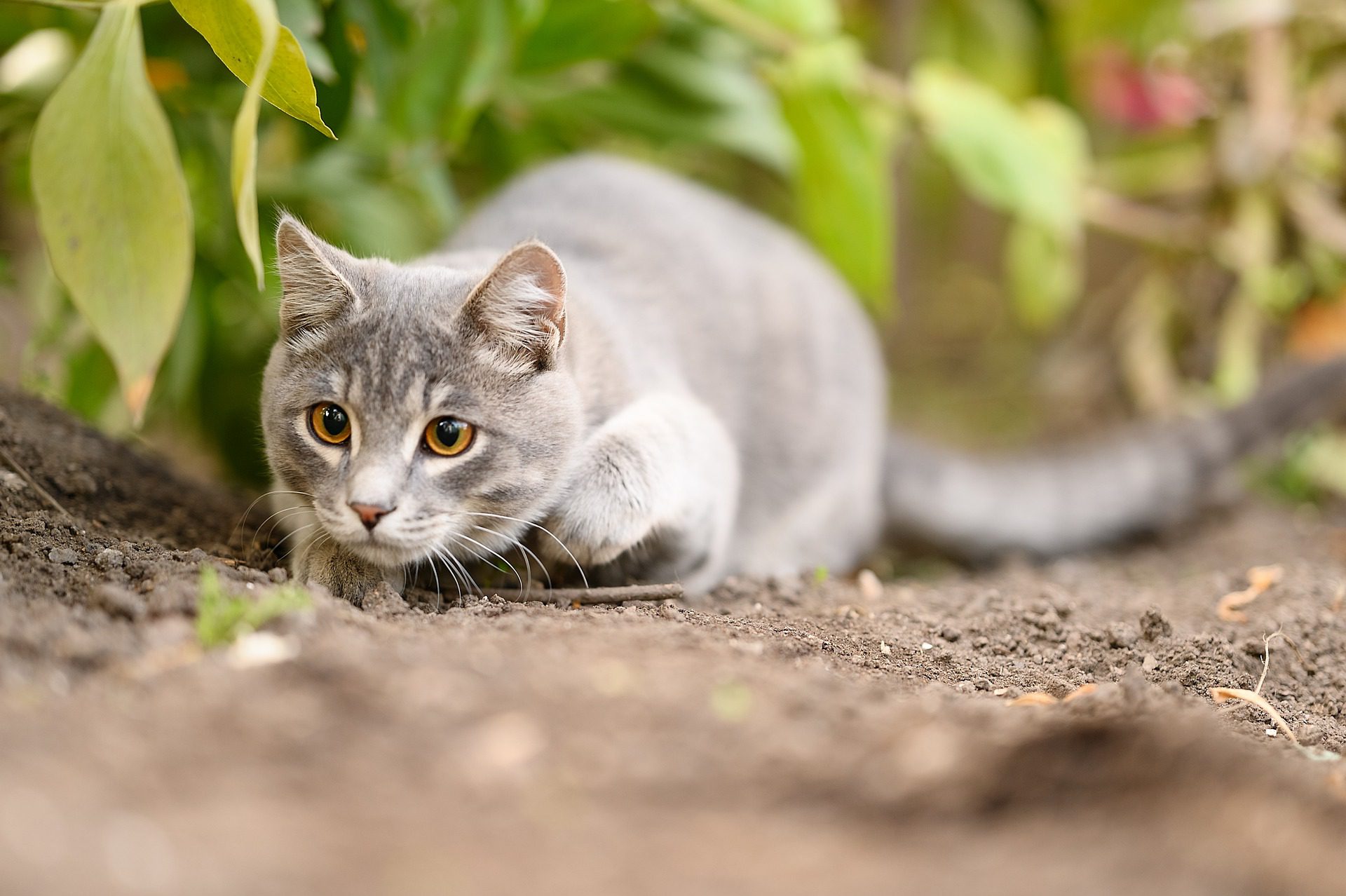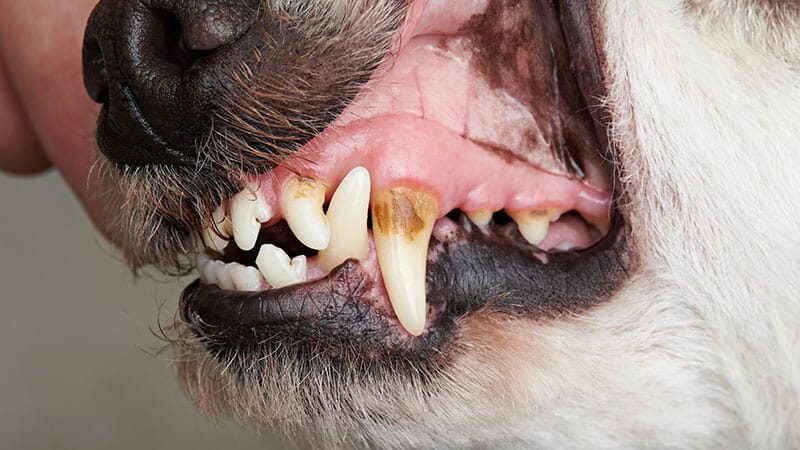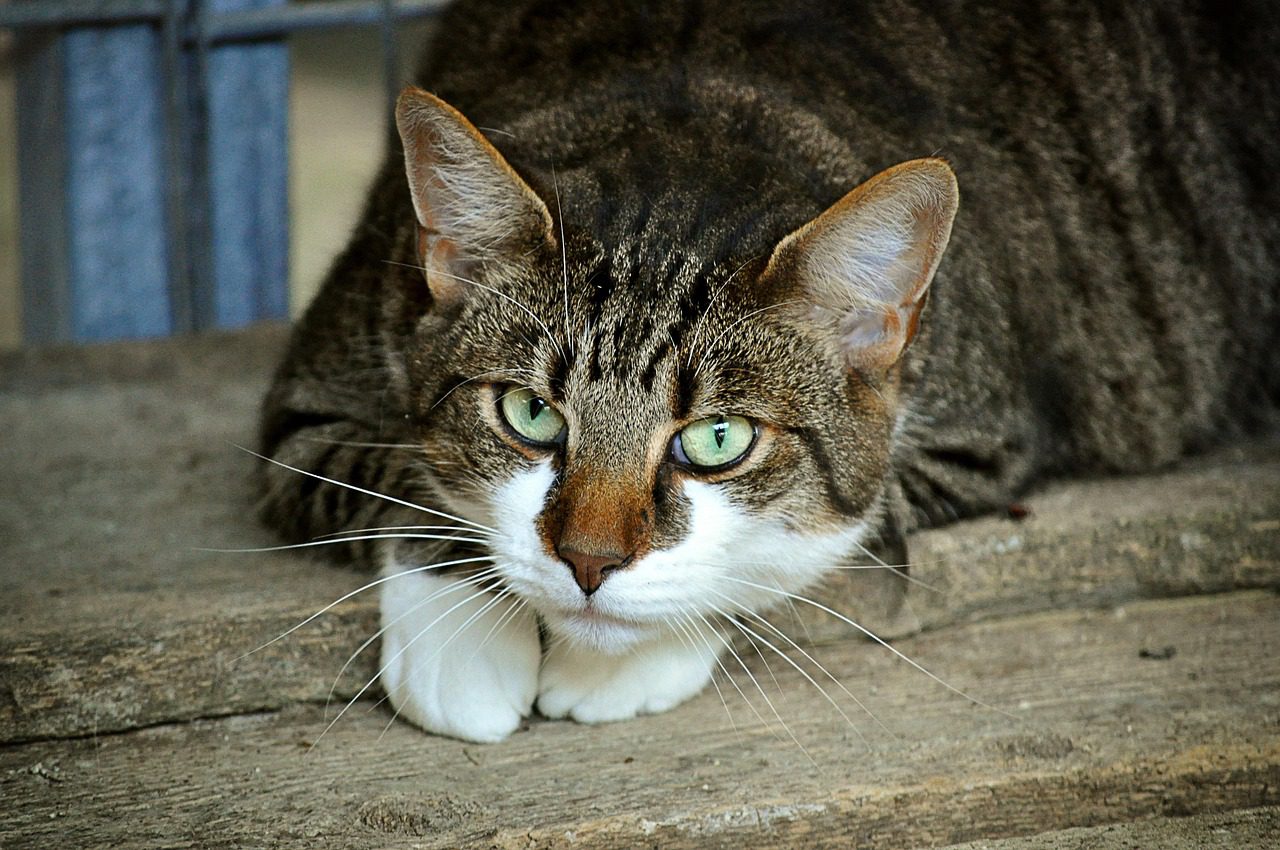Cat owners quite often ask me why their cats still hunt, even when they are well fed?
We think this is because the early relationship between people and cats was to use the cats as pest controllers.
They lived outside and were there to keep the rat and mice population under control. Only the best hunters survived, so that the hunting instinct was strongly passed down the generations, even to our more well fed current companions.
Cats will hunt even when they are not hungry, probably because their ancestry has prepared them for the risk that they can never know when the next meal might appear.
I notice that cats who hunt regularly have healthier teeth, and tend to have a better body condition score than the more sedentary felines. So it’s not all bad.
But is it kind to allow our well-fed pets to kill or toy with the local wildlife?
It would certainly be unkind to try to stop a cat from performing it’s instinctive behaviour.
However, the following tips are welfare friendly ways to help reduce your cat’s hunting behaviour, taken from an International Cat Care blog from January 2019:
Provide a highly palatable cat food with a high meat content.
Feed your cat small, frequent meals throughout the day and night, to mimic a cat’s natural feeding pattern. Timed feeders or puzzle feeders can be used to help owners who are out during the day.
Introduce some variety to the foods offered to your cat, where possible.
Increase the frequency of play with your cat. Short yet frequent play sessions most closely resemble a cat’s natural predatory pattern. Choose toys that closely resemble a cat’s natural prey to increase engagement. This provides your cat with an alternative outlet for predatory behaviour and uses up energy reserved for hunting.
Consider keeping your cat in at times when prey species are most active, for example, dawn and dusk. Any change to a cat’s routine should be implemented slowly, over an extended period of time and carefully monitored to ensure it is not having any negative impact on the cat’s quality of life.




